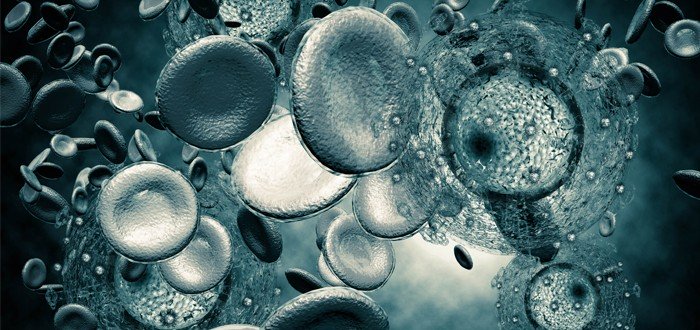Researchers and doctors agree that the best way to treat mesothelioma is to kill it before it kills you.
Easier said than done, since mesothelioma is notorious for resisting chemotherapy and just about any other type of treatment you’d care to name.
That’s why some mesothelioma researchers are abuzz about findings published in the journal BMC Cancer concerning a new drug known as HRX9. It causes mesothelioma cells to kill themselves.
At least it does in lab mice. When cells kill themselves, it’s called apoptosis. Healthy cells are programmed to begin apoptosis if anything causes them to become unhealthy. Like mesothelioma, for instance.
The immune system plays a role in this too. It stands guard to make sure unhealthy cells carry out their suicide orders. If the cells fail to kill themselves, the immune system is supposed to do it for them.
But mesothelioma messes up both apoptosis and the immune system failsafe. The way it does this is by shutting off the apoptosis machinery. This allows diseased cells to live on and run wild.
Then, mesothelioma tricks the immune system into thinking everything’s fine with the cells that have been mutated. Consequently, the immune system gives those cells a pass.
HRX9 is said to prevent mesothelioma from interfering with apoptosis. HRX9 is also said to prevent mesothelioma from blinding the immune system to diseased cells that aren’t killing themselves.
HRX9 Targets Genes of the HOX Family
HRX9 is the work of researchers at the University of Bradford in the United Kingdom. The lead researcher is Richard Morgan, a professor at the school’s Institute of Cancer Therapeutics.
According to Morgan, HRX9 works by targeting genes of the HOX family. Within that family are nearly 40 genes that allow cells to divide and grow at a fast clip. That’s just what mesothelioma cells do — grow very fast.
Morgan says that the genes in the HOX family are deactivated in adults. The only time they’re supposed to be activated is when you’re in the womb.
However, there is a body of scientific evidence suggesting that different types of cancers are able to reactivate these genes later in life. Doing so enables cancer cells to multiply like crazy.
Morgan’s researchers partnered with scientists from the University of Surrey. Together, they observed that mesothelioma tumors in mice stopped growing three weeks after HRX9 was administered.
Additionally, those mesothelioma tumors lost all their blood vessels. That left them without a way to taken in nourishment. And without nourishment, there was no way they could spread.
Most importantly, the cancer cells started dropping like flies. The researchers described it as “widespread cancer cell death.”
HOXB4 Link to Mesothelioma Discovered
The researchers dug deeper into the test results and found something very interesting. One particular gene in that HOX family — HOXB4 — has an exceptionally strong connection to mesothelioma.
They made this discovery by looking at HOXB4 concentrations in 21 of the mice with mesothelioma.
It turned out that mice with more HOXB4 lived a shorter time than those with less HOXB4.
This led the researchers to conclude that taking measurements of HOXB4 levels in human mesothelioma patients could offer clinicians another way to predict survival.
However, the researchers acknowledged that more study would be required before HRX9 can be rolled out as a weapon against mesothelioma. The same for HOXB4 as a prognostic tool.

